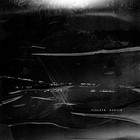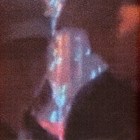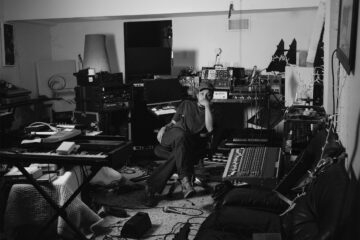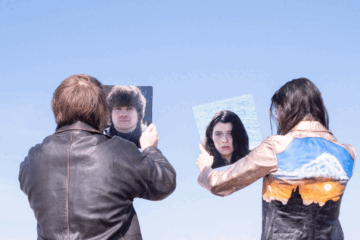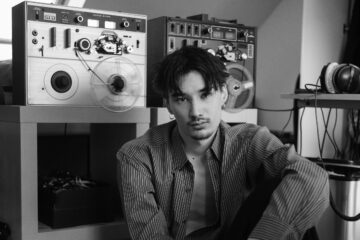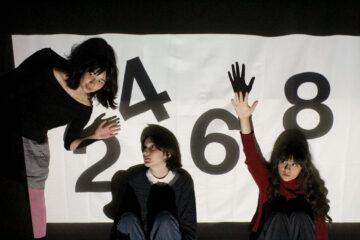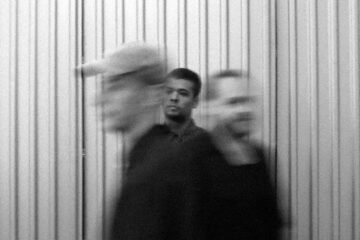Violeta García’s life is defined by experimentation. The Argentine cellist, composer, and curator is now based in Switzerland, though she’s often on the move — not just physically, but creatively as well. She navigates not only between musical styles and geographic locations, but also across different art forms.
Her musical journey began at the tender age of eight, when she enrolled in a conservatory in Buenos Aires. The cello — her instrument — came into her life at 15. She vividly recalls the first time she took it on stage, before she had even mastered it. »Back then, I was playing electric guitar in a punk rock band. We had an acoustic gig, and I decided to bring my cello — even though I barely knew how to play it. The adrenaline I felt performing was beautiful,« she remembers. »What I loved the most was the non-tempered tuning and the dance that emerged as I learned to use my right hand — the bow hand.«
These days, García still plays in a punk band — one with a distinctly experimental and Latinx feminist edge: Blanco Teta. The creative process with the group differs greatly from her solo work. »With Blanco Teta, we compose collectively. It’s a different energy,« she explains. »I take an instrumental approach, more like an electric guitarist in a band. But in my solo projects, I compose and improvise alone. From there, I build outward, depending on the music and the context.«
Beyond performance, García is also the co-founder of TVL REC, a digital label she launched in 2017. The label not only releases work from experimental Latin American acts, but also organizes festivals for noise and extreme music. Her debut solo album ACERO (2018), inspired by childhood recordings, was released through TVL REC.
Strikingly witty
What was her childhood like, this artist who now shape-shifts between worlds? »I grew up surrounded by music lovers and instruments. My dad and I used to play piano and Argentine folk songs together. I knew back then that I wanted to dedicate my life to music. I never imagined I’d leave Argentina — or that the world could be so vast,« says García, now in her mid-thirties. Her family supported her unconditionally, a fact for which she’s deeply grateful. »Without their support, I wouldn’t have the life I do today,« she says.
Her decision to move to Switzerland was sparked by the pandemic and a scholarship to pursue a Master’s in Contemporary Practices at the Bern University of the Arts (HKB). At the time, music studies in Argentina were limited to remote learning, while Bern offered in-person instruction. »I arrived not knowing a single person. It was a huge contrast — going from the massive metropolis of Buenos Aires to a small, German-speaking part of Switzerland,« she recalls.
»I could feel the spirits of the place — the moisture, the presence of the water that had once filled it.«
Violeta Garciá
García has never been one to shy away from bold moves — from taking a cello on stage without knowing how to play it, to crossing continents, to throwing herself into boundary-pushing experimental projects. Her third solo album, IN/OUT, was recorded in a cave — a former water reservoir that she describes as »dream-like«. The idea came from the founder and director of Swiss label Bongo Joe, which released the album.
»It was one of the most powerful experiences I’ve had in recent years. The space had a natural reverb of about 28 seconds. The acoustics felt like an instrument in and of itself — something I had to learn to play,« she says. »I could feel the spirits of the place — the moisture, the presence of the water that had once filled it. The wood of the cello absorbed it all, and everything kept changing, hour by hour, day by day.«
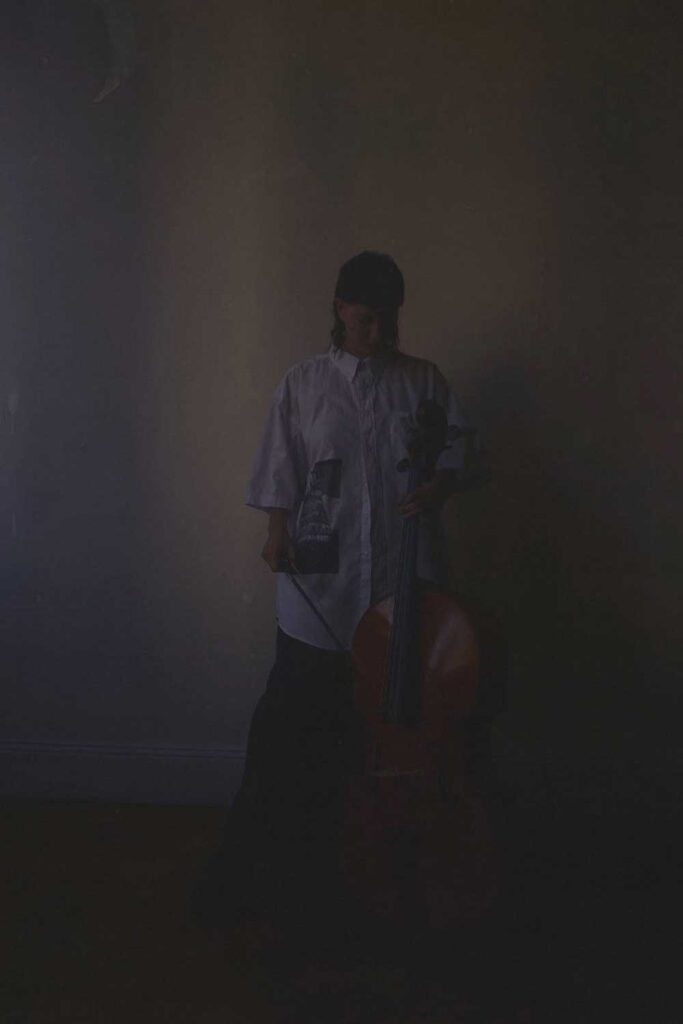
During recording sessions, the team had to leave the cave entirely to avoid capturing even the slightest noise — »Every breath, even your thoughts, haha!« García notes. Every 30 minutes, she had to surface for air. She remembers one magical moment in particular: »The animals above ground started responding to the cello’s high notes — they began to sing. You can hear peacocks on the track ›OUT 1‹.«
Related reviews
This is exactly the kind of sensory overload that fuels García’s creativity. She describes herself as »addicted to stimulation«. »I’m a lover of music, but I often surround myself with artists who aren’t musicians — people from visual arts, dance, and film. I watch a lot of movies, I read constantly. I draw inspiration from the life stories of people I meet on my travels, from nature, from new places,« she says. And doesn’t all this stimulation ever exhaust her? »No,« she says. »For me, it’s an endless source of inspiration.«


